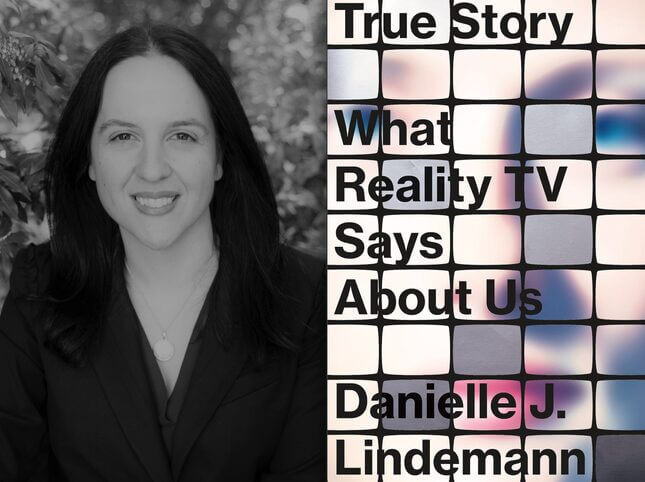Reality TV ‘Peels Back Our Collective Skin.’ What’s Underneath Isn’t Pretty.
Sociologist Danielle J. Lindemann's book True Story explores the ways in which reality television holds a mirror the the American id.
BooksEntertainment

Danielle J. Lindemann is a sociologist at Lehigh University, and in her new book, True Story: What Reality TV Says About Us, she argues that reality programming acts as an expression of the American id, offering a singular look at our society, stripped of the relative decorum that pervades more staid forms of entertainment. By analyzing series from Sister Wives and My Super Sweet Sixteen to The Bachelor and Breaking Amish, Lindemann examines what the reality TV genre reveals about our values surrounding race and class, friendship and motherhood. It’s perhaps unsurprising to learn that there’s not a ton of good news to be found. “I tell my students all the time, ‘We’re going to dig into the ugly underbelly of reality TV,’” she told Jezebel, “‘and you’re going to see how it perpetuates these stereotypes that have existed in our culture for hundreds of years.’”
The “guilty pleasure” feels a bit like a concept left over from the nineties, much like the idea of selling out. Poptimism has become a default critical mode for considering everything from superhero franchise TV shows to holiday rom-coms, but even as the mandate to just let people enjoy things reigns supreme, reality TV, particularly in its most disparaged iterations, still carries a distinct stigma. This is despite its widespread popularity: Of the 400 top rated TV shows of 2017, nearly half of them were reality television. We all know reality television is often crass, many of us—myself very much included—watch it anyway.
Lindemann begins her book by describing an exercise she assigned to one of her recent classes. She asked students to draw two columns, and in one, write the names of as many sitting Supreme Court justices as they could think of. In the other, they were to write down as many members of the Kardashian family as they could name. (She points out that the Kardashians have the upper hand in the experiment, as, if you count the Jenner side of the clan, there are far more than nine of them. That they all share surnames probably also tilts the exercise in their direction.) Still, in her class of almost 200 students, only one undergrad could name more justices than Kardashians. Lindemann doesn’t start her book with this story to hand-wring over the state of the kids today, but to point out that when a brand of entertainment has built a celebrity dynasty with more name recognition than the leaders of our judiciary—not to mention the fact that the genre also helped propelled one of its stars to the presidency—it’s worthy of thoughtful consideration.
“My whole life has been a life of doing research for this book,” Lindemann joked. She watched The Real World in high school, The Hills as a graduate student, and even name-checked Bad Girls Club and Project Runway in her wedding vows. Her affection for the genre doesn’t dull her critical eye when it comes to assessing it, however. Her book argues that reality shows tap into a broader cultural conservatism, revealing how little has truly changed amid ostensibly shifting social norms and unprecedented gains in inclusivity.
-

-

-

-

-

-

-

-

-

-

-

-

-

-

-

-

-

-

-

-

-

-

-

-

-

-

-

-

-

-

-

-

-

-

-

-

-

-

-

-








































